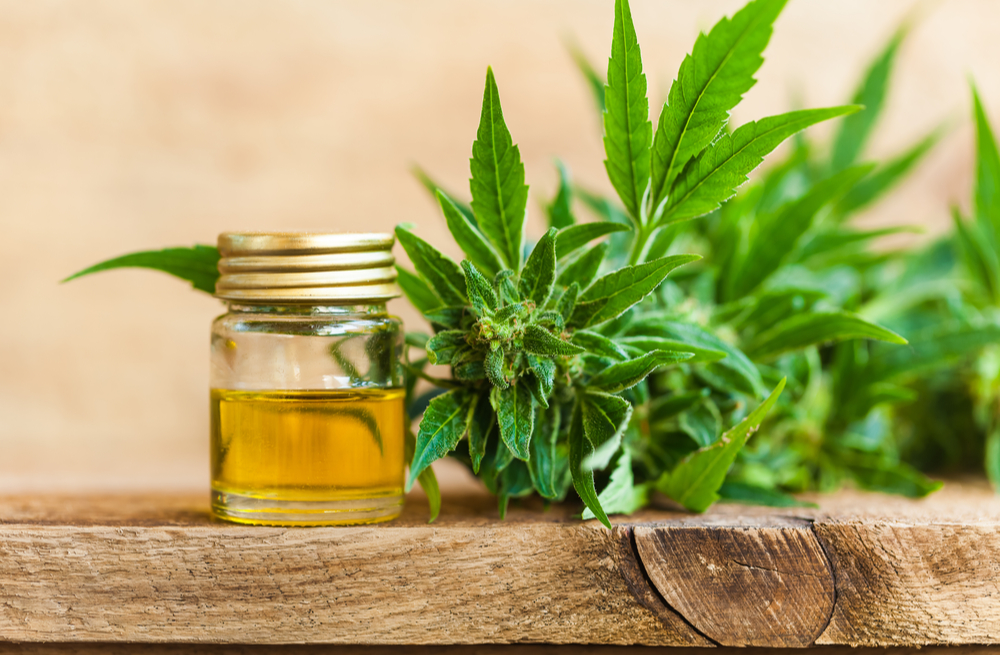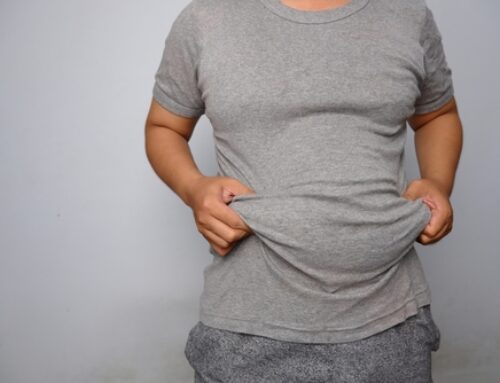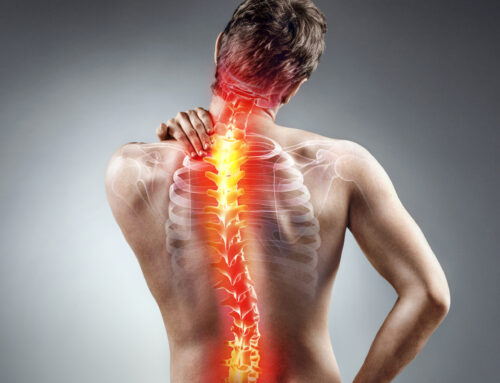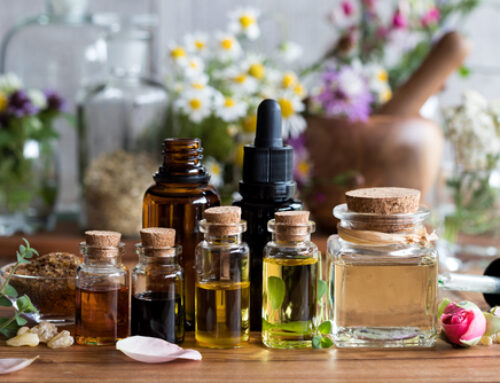You have asked some of the best questions regarding CBD oils. In this blog we are going to answer the most common and interesting questions.
What Can CBD Oil Help With?
It’s important to understand that there is currently no scientific research proving that CBD oil, in any form, can cure diseases. However, there are numerous case studies and testimonials from patients who have claimed that it has helped them with the following conditions: Anorexia, Anxiety, Arthritis, Alzheimer’s disease, Asthma, Bipolar disorder, Cancer, Cardiovascular disorders, Chronic pain, Depression, Epilepsy (seizures), Glaucoma, Huntington’s disease, Inflammation, Insomnia, Multiple Sclerosis, Nausea (emesis), Obesity, Parkinson’s Disease, Post-Traumatic Stress Disorder (PTSD), Schizophrenia, and Tourette’s syndrome.
Does CBD really work?
The National Institutes of Health (NIH) says it does, noting there is some evidence that CBD helps reduce pain, anxiety, and symptoms of psychotic conditions (such as schizophrenia). According to the NIH, the most evidence for CBD effectiveness is helping those who suffer epileptic seizures. The FDA recently approved the first marijuana-derived CBD (Epidolex) treatment for seizures associated with rare forms of epilepsy.
In our office I see CBD making the largest difference for people with insomnia and anxiety. It seems to take the edge off people’s anxiety. And for insomnia, it seems to help you get to sleep and stay asleep. But not everyone who uses CBD has success. Because of our different brain chemistries the effectiveness of CBD can be occasionally mixed. The great thing about CBD is that there appears to be little to no side effects and so a trial of CBD rarely has any downside.
Will CBD oil get you high?
We would like to say ‘no’ as a definitive answer, but that depends on the quality of the brand. We have painstakingly researched the products that we carry in our office.
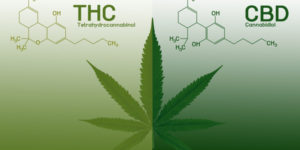
These brands are third-party tested to guarantee minimal THC in their products, which means you will not get high from the CBD oil. Many other companies on the market do not third-party test their products and so we cannot say that ALL CBD oils will not get you high. If the CBD seller adheres to the law in Virginia, the 0.3% THC or less, should not be enough to provide even a mild feeling of intoxication.
How should you take CBD?
I suggest that you start with a low dose. How much CBD you use depends on the delivery system (whether it’s edible, tincture, or pill, for example) and your individual needs. In our office we offer CBD in a dermal cream and a sublingual tincture. These two delivery systems are the most effective for the types of conditions that we mostly see our patients suffering from.
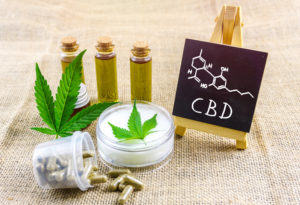
The dermal cream is a great product for those suffering with joint or muscle pain. Start with a very small amount of the CBD cream to cover the painful area. You can reapply the cream every few hours if needed. The greater the pain the greater the strength of the cream that should be used or try reapplying more frequently.
The sublingual tincture is the best delivery method for anxiety, depression, insomnia, and more systemic pain conditions. Most patients find that starting at 5-10mg/day for the first few days is best. This allows them to see how they will respond to the CBD oil. If no effects are noted, they will increase their dose up to an average of 30mg/day. This equates to about half of a dropper, twice daily. Doses higher than this can be effective for higher levels of pain. However, lower doses are often more beneficial for those suffering with anxiety. Everybody responds differently to CBD and effective dosages can change with use, generally patients needing less CBD the longer they take it.
Will CBD cause me to fail a drug test?
Products that are THC free or have less than 0.3% THC contain a very minuscule amount of the compound that triggers a positive drug test. Most studies show that, unless you are taking a massive daily dose, your body will not store enough THC to trigger a positive drug test. We have had several patients that have used our products and passed drug screenings for work and for athletic contests. However, everybody is different in the way compounds are stored and eliminated. The safest thing to do is to either ask your employer and doctor or purchase products with zero THC.
How does CBD oil work in the body?
CBD oil contains cannabinoids, compounds found in the cannabis flower known to affect our neurological, endocrine, and immune systems. They work by imitating compounds our bodies naturally produce, called endocannabinoids, that influence cell activity. Currently, there are two known primary cannabinoid receptors: CB1 and CB2 receptors. CB1 receptors are located in the central nervous system, and in some peripheral tissues. They affect appetite, muscle control, pain, cognition, thermoregulation, and our stress response. CB2 receptors are primarily found in immune cells, and at a lower density in the central nervous system. CB2 activation is associated with immune function and immune cell proliferation, inflammation, and pain. Although these two cannabinoid receptors have been studied relatively extensively, there are more cannabinoid receptors being examined.
Will CBD interact with my other medications?
At low doses of CBD, less than 150mg total per day, it is unlikely that significant drug-herb interactions will occur. However, it is always possible that drug-herb interactions can occur, and this is more likely the higher the dose. CBD and other plant cannabinoids can potentially interact with many pharmaceuticals by inhibiting the activity of cytochrome P450, a family of liver enzymes. If you are taking a medication where maintaining a certain blood level is critical–such as anti-seizure, anti-viral, and blood-thinning medications–talk with your healthcare provider or pharmacist before trying CBD.
How long does it take for CBD oil to work?
There are many factors that can affect how long it takes for CBD oil to work. Your metabolism and your tolerance/experience with CBD seem to play the biggest role. The faster your metabolism is, the quicker you will feel the effects of CBD. On the other hand, the higher your tolerance is, the slower the CBD effects will take hold in your body. Also, the manner that you ingest your CBD oil will affect how quickly you will feel its effects. A topical lotion or edible/drink will often take the longest to feel. However, CBD oil that is ingested sublingually will take far less time. It is a good rule of thumb to estimate that most CBD products will take anywhere from 5 to 45 minutes to start to feel their benefits.
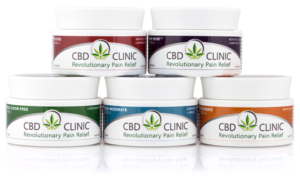
If you have been thinking of trying CBD oils for yourself, we want to make that easier for you. CBD oils are 10% off now through January 30.
Still have questions about CBD oils? We would love to hear them. Feel free to contact us on Facebook, Instagram or Twitter. Find us at @CoreRoanoke.

Daryl C. Rich, D.C., C.S.C.S.

